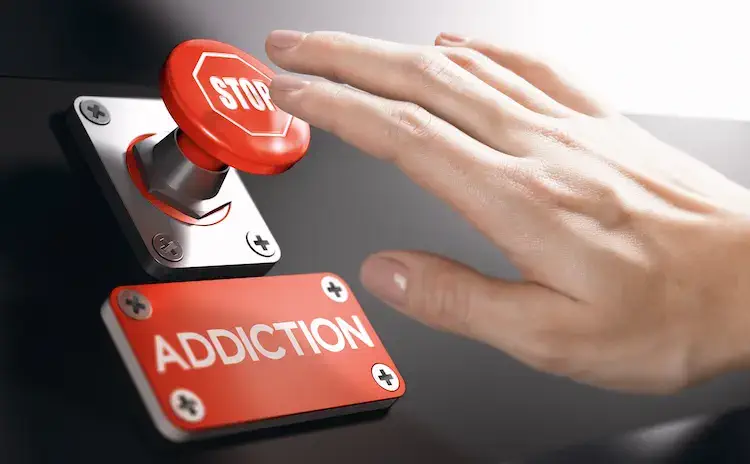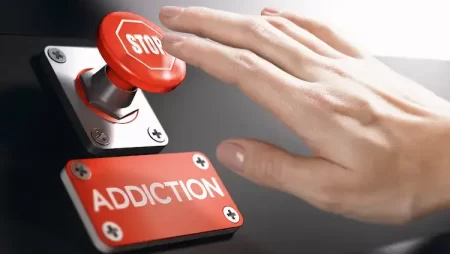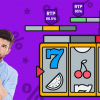90% of gambling addicts quit – Statistics are clearly on your side
How to quit gambling addiction: The power of acceptance


Overcoming gambling addiction can be a challenging task, but it’s definitely achievable with the right approach and support. Here are some steps of how to quit a gambling addiction:
- Accept that you have an issue: The initial step in overcoming any addiction is to acknowledge that you have a problem. It takes a lot of courage to face the reality of your addiction, but admitting it is critical to beginning the recovery process.
- Seek professional assistance: Numerous resources are available to assist you in overcoming your gambling addiction, such as therapy, support groups, and rehabilitation programs. A mental health professional can help you delve into the root causes of your addiction and create coping strategies to prevent relapse.
- Steer clear of triggers: It can be helpful to avoid circumstances and individuals that trigger your gambling behavior. Stay away from casinos, online gambling sites, or any other environment where you may be tempted to gamble.
- Find healthy alternatives: Seek out healthy activities that can distract you from gambling, such as exercising, hobbies, or spending time with friends and family. This can help you replace your gambling habit with positive, healthy habits.
- Develop a support network: Surround yourself with individuals who support your recovery and avoid those who enable your addiction. Join a support group, speak with a therapist or counselor, or confide in a trusted friend or family member.
- Set realistic objectives: Set achievable goals for yourself, such as reducing your gambling time or avoiding gambling entirely. Celebrate your achievements along the way and don’t be too harsh on yourself if you stumble.
Remember, overcoming gambling addiction is a process, and it requires time and effort. Be patient with yourself and take it one day at a time.
90% of gambling addicts quit
Recent research statistics claim that approximately 90% of people suffering from gambling addictions and other gambling addictions successfully quit this activity.
Half a year ago, when we conducted our survey where more than 500 addicted people participated. The common denominator among them was the pursuit of that very feeling of the first victory, the big score, which so often comes across to us at the start.
A fairly simple conclusion follows from this. Face the money spent – you can’t get it back, control your game or quit this activity. If you can’t control yourself in a game, it’s not your game.
We strongly recommend that you visit the site where you can help with this problem: https://www.begambleaware.org/
Posts not found
Sorry, no other posts related this article.











